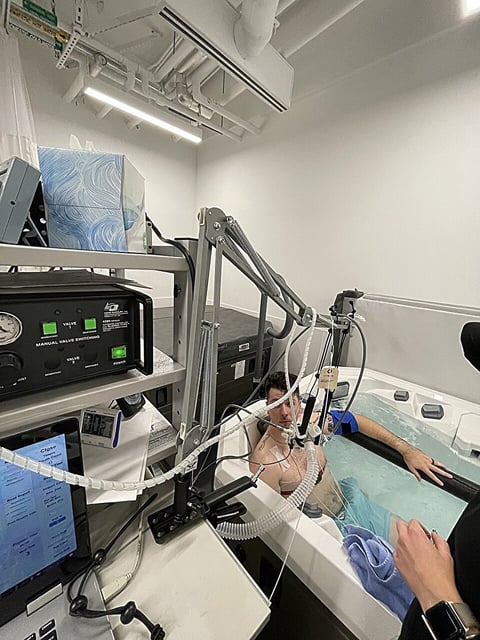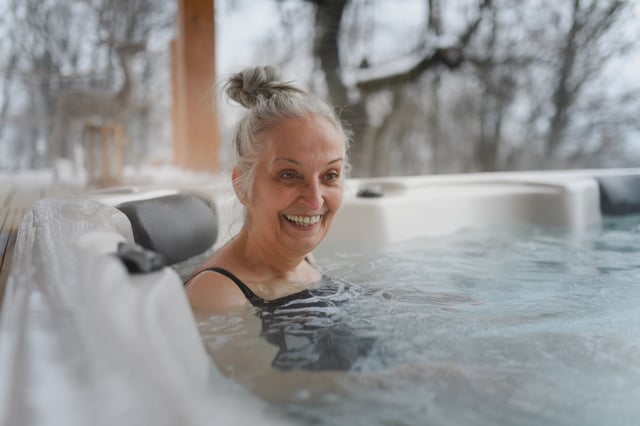Overview
- Immersion in hot water increased core body temperature more than both traditional dry heat and far-infrared saunas under controlled laboratory conditions.
- Elevated core temperature during hot tub sessions drove higher cardiac output and vascular shear stress, factors linked to improved endothelial function.
- Only hot tub immersion produced a measurable inflammatory response, marked by rises in cytokine levels and dynamic shifts in immune cell populations.
- The study suggests that regular passive heating could induce chronic adaptations in vascular health, metabolic function and immune competence similar to exercise.
- Investigators caution that individuals, particularly those with existing health issues, should seek medical clearance before beginning any heat therapy regimen.

